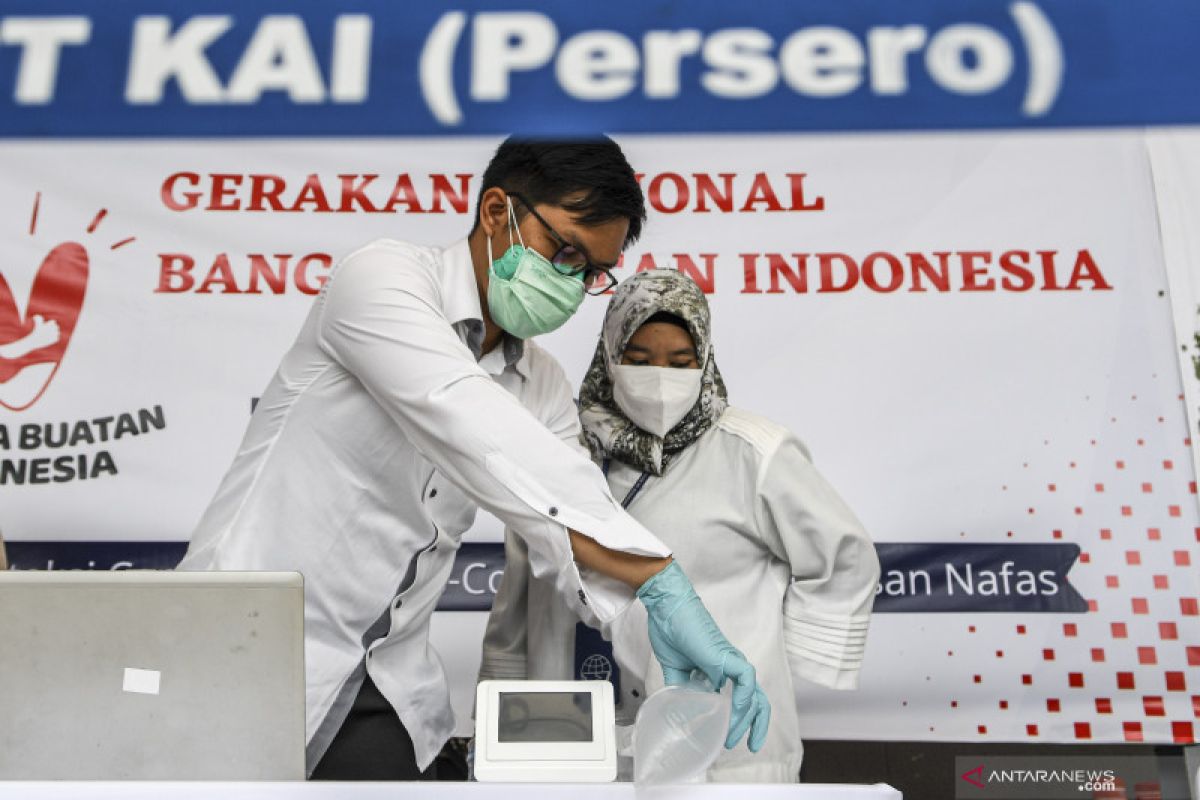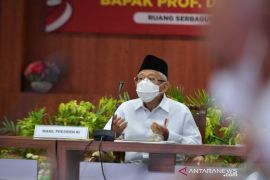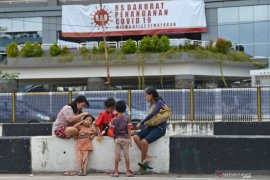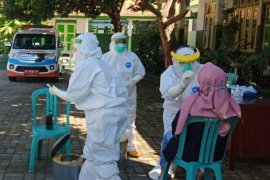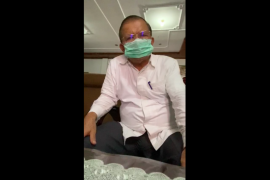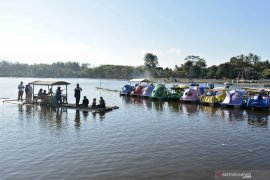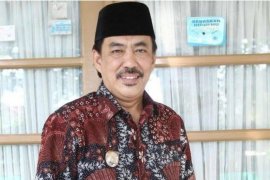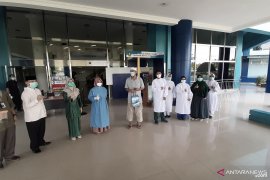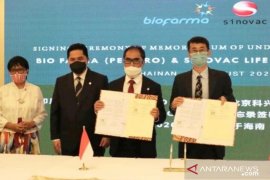I am optimistic that GeNose would be mass produced to enable members of society at large to obtain it easilyJakarta (ANTARA) - The University of Gadjah Mada's (UGM's) GeNose C-19 that can serve as an alternative COVID-19 screening tool should be produced on a massive scale to expand its outreach in Indonesia, a legislator stated here, Thursday.
"I am optimistic that GeNose would be mass produced to enable members of society at large to obtain it easily," Elva Hartati, a member of the House of Representatives' (DPR's) Commission IX Overseeing Health and Workforce Affairs, affirmed.
The mass production of GeNose will strengthen Indonesia's early detection capability, she remarked, adding that the level of accuracy for screening the novel coronavirus disease (COVID-19) is claimed to reach 90 percent.
Moreover, the selling price of the UGM's team of researchers' innovative product that has received the Indonesian Ministry of Health's distribution permit since December 2020 is also much lower than that of the antigen test, she stated.
According to the university's official website that ANTARA quoted on Thursday, the soft launch of this COVID-19 breathalyzer testing tool was conducted at the Tugu Train Station in Yogyakarta on February 3, 2021.
This Artificial Intelligence-based testing tool that is able to detect "volatile organic compounds through the human breath" (UGM, 2021) will also be used for passengers departing from the Pasar Senen Station, Central Jakarta.
In connection with this UGM's GeNose C-19, Research and Technology Minister Bambang P. S. Brodjonegoro had stated earlier that it would not be a substitute to swab testing (polymerase chain reaction (PCR) testing).
On Wednesday, Brodjonegoro and Transportation Minister Budi Karya Sumadi had inspected the application of GeNose C19 installed at the Pasar Senen Train Station.
GeNose will be officially used for conducting COVID-19 screening of train passengers from February 5 and will later also be installed at airports.
The Indonesian government has been struggling to win the battle against the global pandemic of COVID-19 since it announced the country's first confirmed cases on March 2, 2020.
The government has not only enforced the public activity restriction policy in the Java and Bali Islands since January 11, 2021, but also conducted a national vaccination program that commenced on January 13, 2021.
Since January 26, 2021, Indonesia's COVID-19 infection rate had exceeded one million cases since President Widodo officially announced the country's first COVID-19 cases on March 2, 2020.
Related news: GeNose for COVID-19 screening to not replace PCR test: Minister
Related news: UGM's COVID-19 breathalyzer test gets regulatory approval
EDITED BY INE
Translator: M.Razi R, Rahmad Nasution
Editor: Fardah Assegaf
Copyright © ANTARA 2021
